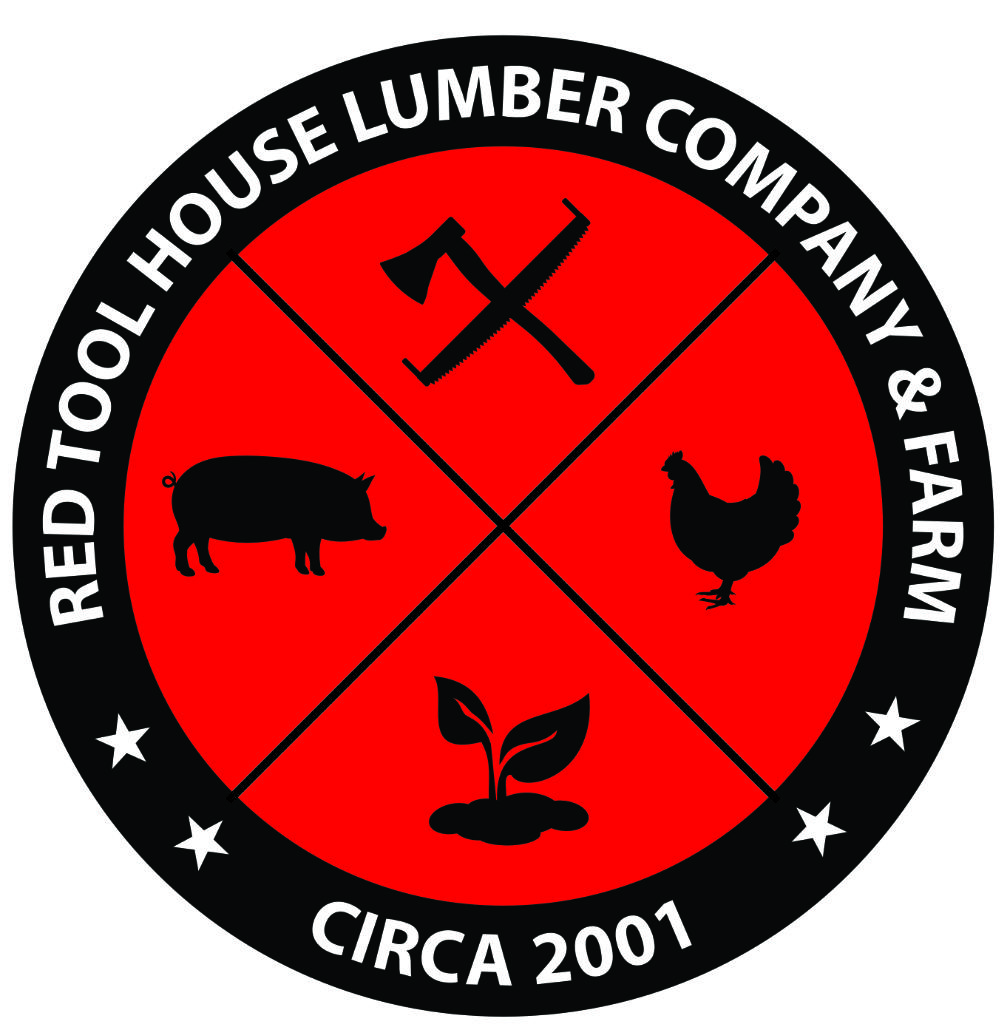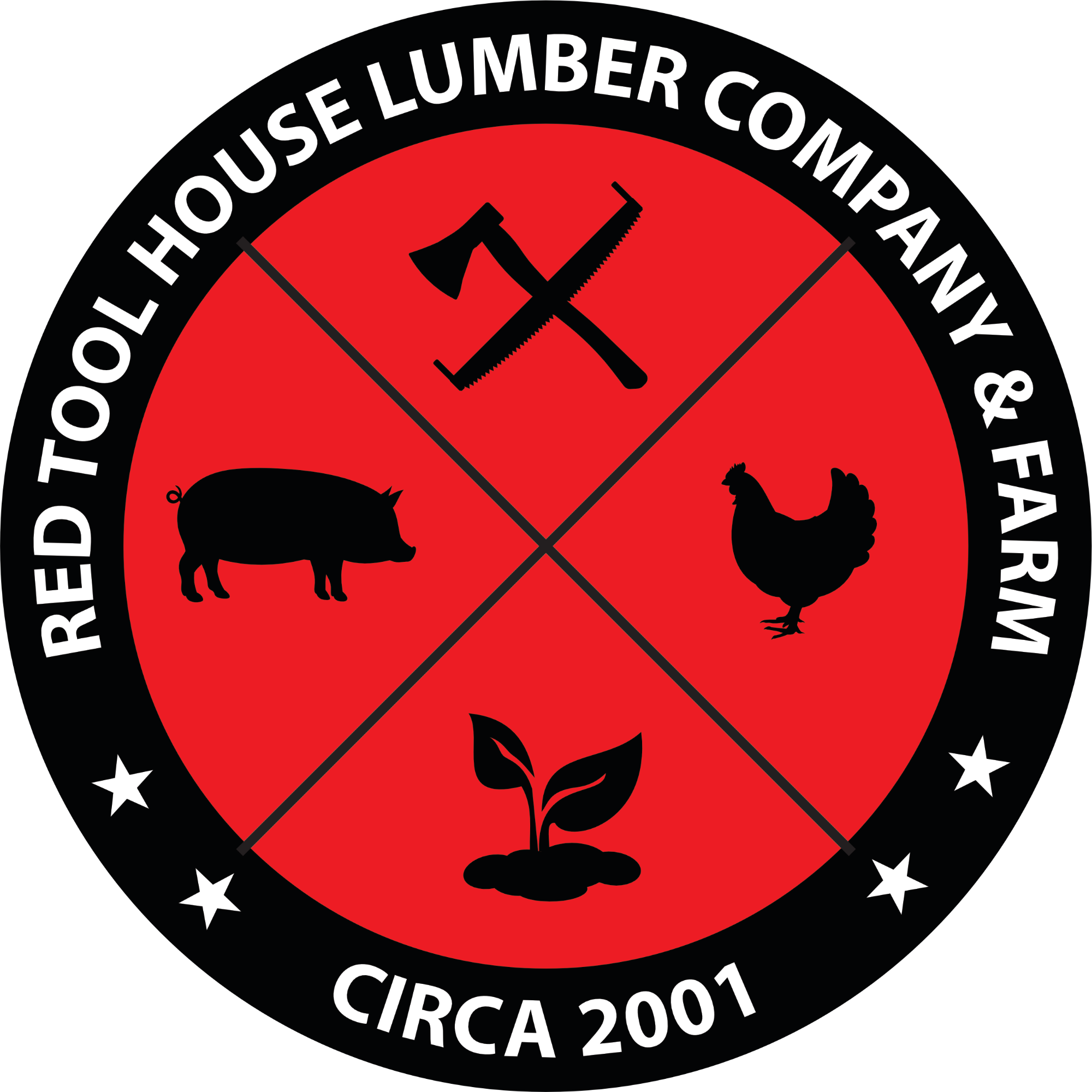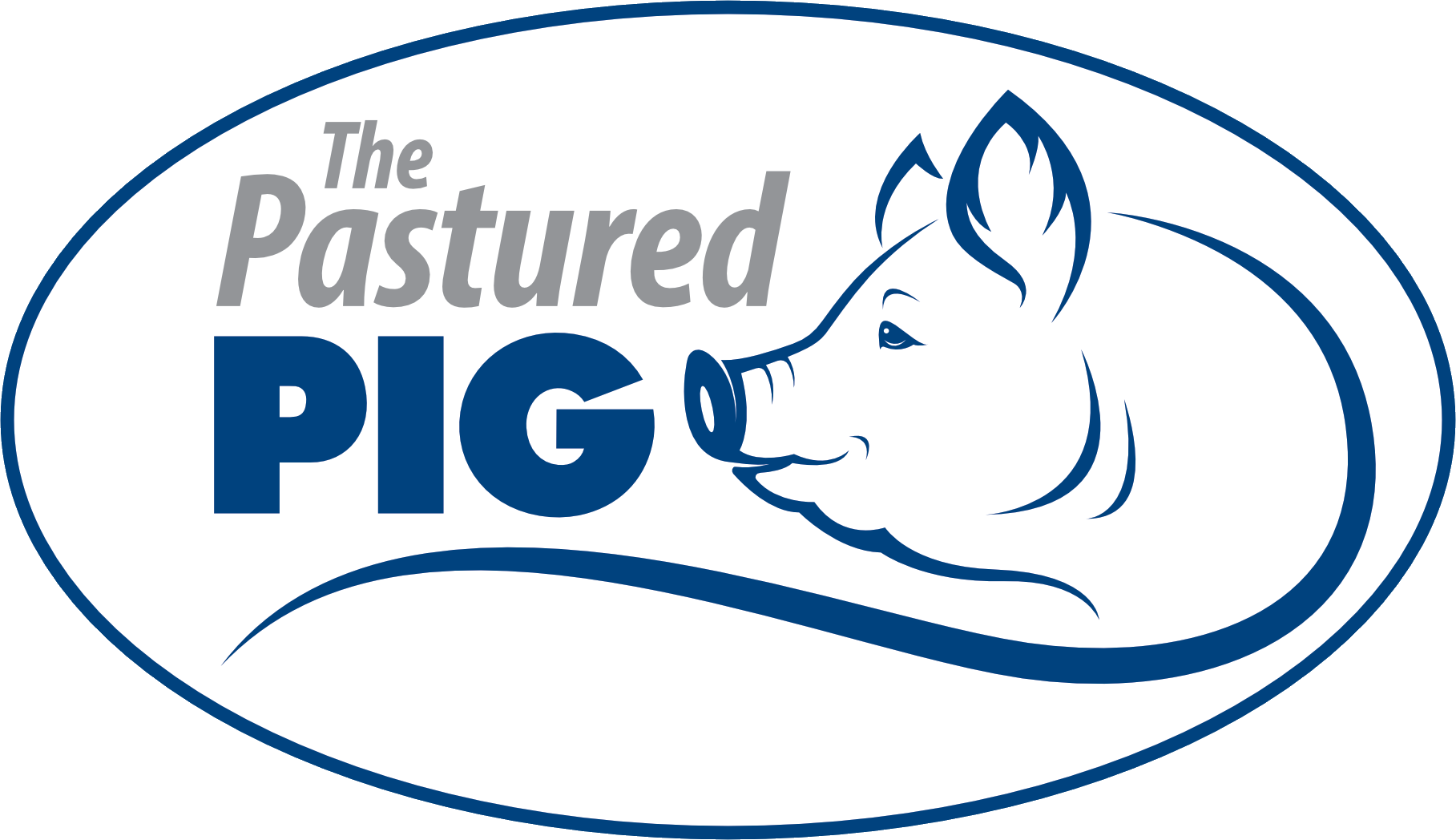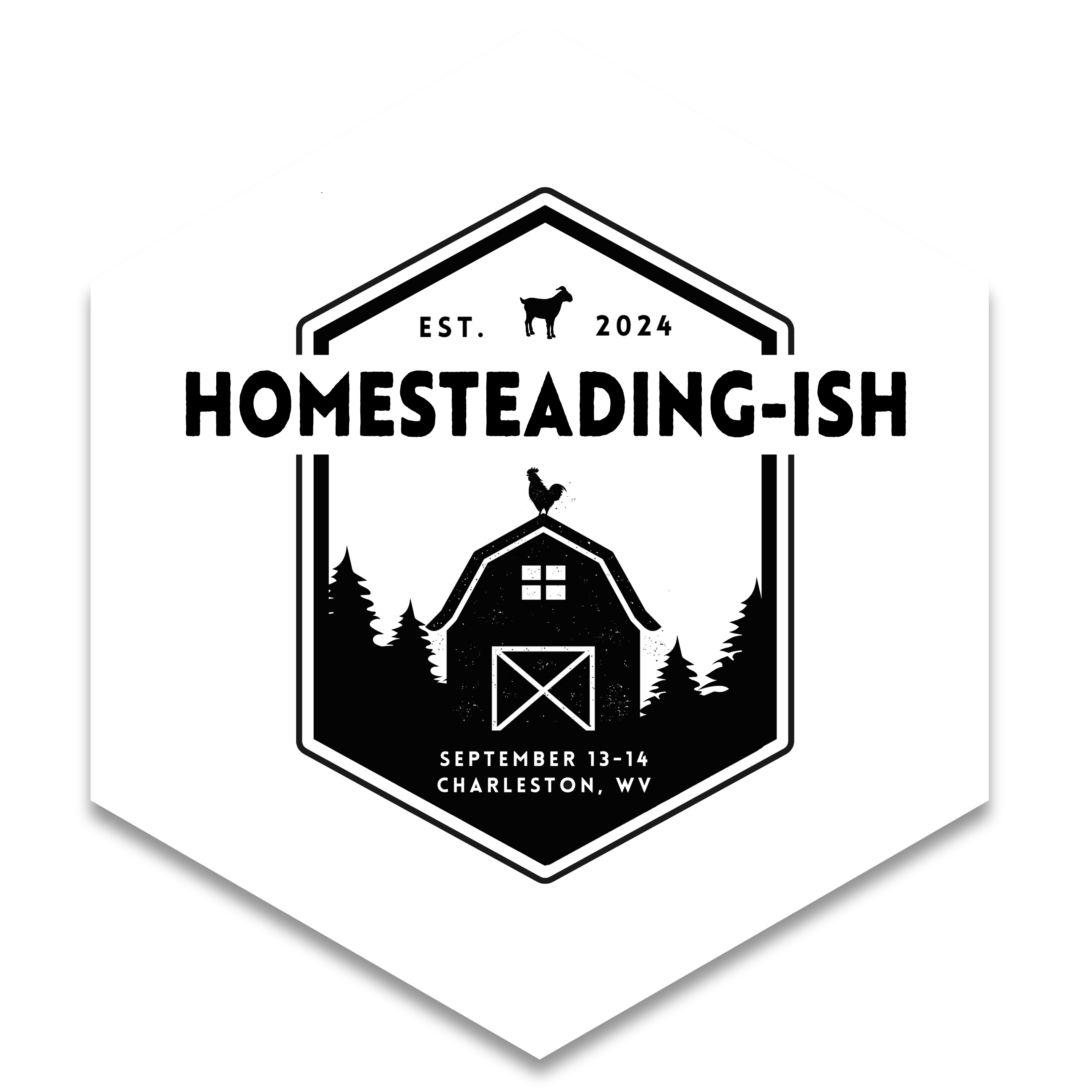Ok, I’ll admit it. I’m rich.
Now, I’m not cruise-to-the-Bahamas-on-my-own-yacht rich nor do I dress like the Monopoly guy (although, I would totally rock the handlebar mustache if I could grow one). I don’t even own a bow tie. But I am loaded.
So, with that confession what pops into your mind? Pompous? Jerk? Loser? Those may be accurate assessments of the author but once you get past those knee-jerk responses, maybe you ask yourself, “How does he define rich?” Bingo – that’s the question I want you to consider.
So how do I define rich? MONEY (not the direction you thought I was taking that, hmmm?).
Now, before anyone gets their high-dollar knickers in a twist and want to point out how family, friends, etc make you rich not money – just hear me out. Family, friends, etc. make you blessed. I want to talk about money. I want to talk about how I am rich and, by the way, so are YOU and how we can use this “richness” to achieve our homesteading goals.
If you are reading this blog, chances are you are in a developed country using a nice mobile device or newer computer (I can see you through my website analytics – you may want to consider pants when browsing). The majority of my readers reside in the United States. According to Forbes Magazine the typical person in the bottom 5 percent of the American income distribution is still richer than 68 percent of the world’s inhabitants.*
So, I am rich and so are you. By now, you may be asking, “What the heck does this have to do with homesteading?” (impatient like most Americans, aren’t you?)
No matter how you look at it, money is necessary in society today. Even for we homesteaders that want to unplug, we still need to have money. That is where homesteaders can make the biggest financial mistake.
Technology and the internet have allowed we homesteaders to connect with one another and share ideas, concerns, goals, etc. It is an awesome thing. I belong to a Homesteading group on social media that has over 100,000 members. Many times I see the following post concerning homesteading aspirations (this is a dramatic re-telling not an actual post).
Hi, everyone! My husband/wife and I have been saving up for years, have reduced/eliminated our debt, and are ready to quit our jobs and move to our rural piece of undeveloped land and start homesteading. What is the first thing we should consider?
When I see something like this posted, I want to say, “Cool, getting out of debt is awesome – do that.” then I want to scream, “Quit your job? Don’t do that! It’s a trap!”
Ok, some of my fellow homesteaders made be sharpening pitch forks and lighting torches at this point ready to bring the blog mob my way. Just hang on a little longer while I try to thread this needle.
When we bought our 100 acres in West Virginia to begin our homesteading adventure, I was a spry 28 years old. I paid $550 per acre. That’s right – $55,000 for 100 acres. Even better – I pretty much paid for the property by selling the timber. Who has two thumbs and is a shrewd land baron? This guy! (you know the visual) So, here I am – 28 years old, married to a wife that made more money than me (accountant – her, not me) and no kids.
At that point, I could have quit my job and started living off the land. The homesteader’s dream, right? The only problem was my property had no house. Actually, it had a house in which raccoons wouldn’t even live. Around this roach motel was over 5 tons of raw garbage and 220 tires. And now your thinking, “Who has two thumbs and big mess on his hands? That guy!!”
It took two years to clean up the property. I had to tear down the house, haul off the tires and garbage, and prepare a new house site. I spent a bunch of money the first two years just turning the land back into a usable piece of property. The outpouring of cash didn’t stop there. We needed a place to live on the property while we were cleaning it up. We were renting a small cabin an hour away and it was so impractical to travel back and forth. So, I spent $25,000 to build a garage apartment on the property with the plan of building the main house when we were ready.
At this point, this is where my path took me away from the homesteading goals. I was seduced by the big house and big mortgage lifestyle. It has taken me 16 years to get back on the right track while still developing this raw and abused piece of land but that is another story.
The key point I am trying to make is it takes money to develop land. An “all-in” homesteader desires to live off the land. The desire to grow their own food, make their own clothes, generate their own power needs, etc. is awesome but it will always require some form of income. Some obvious costs are:
- tools and equipment
- building materials
- animal husbandry supplies
- gardening supplies and seed
- off grid items like solar and battery banks
- canning supplies
- curing supplies
- ammo
That is just the tip of the homesteading iceberg. Now, I am sure some of you are mumbling to yourself, “There are ways to get these things through bartering, seed saving, etc. instead of just buying everything.” You would be correct but I contend that unless you plan to go back to the 1750’s you will still need money to keep your homesteading goals obtainable.
Here’s a cost to consider that always gets me flummoxed – property tax and personal property tax. Most of us face one or both of these expenses on our homestead. That takes money. Sometimes, a boatload of money. Even my dog had to find a job just to pay her tag fee…
Well, if you have managed to hang in this far then I applaud you. I tend to ramble and nobody reads anymore (especially if it isn’t good writing!). What am I suggesting? Let’s break this out into internet friendly bullet points.
If you aspire to “opt out” of the rat race, quit your job, move to the middle of nowhere and live off the land, PLEASE consider these things:
- Count the setup cost – Do tons of homework on what is it going to cost to not only setup your homestead (dwelling, garden, livestock, equipment, utilities, etc) but what it will take to maintain all your consumables going forward.
- Make a list of equipment you will need/want – I think the idea of using a buck saw to fell trees and cut firewood is romantic and exciting, but that is where that ends – at the idea. My chainsaw is my friend. I hug it and pet it and call it George… Equipment that I cannot live without would include chainsaw, tractor, electric fence charger, various power tools, etc.
- Vehicle needs – A truck is a homesteader’s right hand. Will you homestead without your right hand? Maybe, but look at the costs of not having a vehicle. A big thing that sticks in my mind is for emergencies. Let’s say George (see chainsaw reference above) decides to plunge into my leg. I would be picked clean by the crows before an ambulance could find me. When we have had emergencies, we drive to the hospital.
- Homestead Income – Consider the scaleability of your homesteading activities and determine if they can produce revenue. Raising 10 chickens for eggs and meat? Consider raising 20 or 30 for “customers”. Trying to clear land? Sell firewood (better invite George) for profit. Planting a garden or fruit tree? Consider doubling the amount so a bumper crop produces marketable produce. Can you write or teach? (hopefully better then this author) then consider blogging or offering classes on homesteading activities at which you excel.
One last point I would like to make. Consider easing into your homesteading lifestyle instead of diving in head-first. You may uncover costly mistakes or reveal unforeseen expenses while you still have the income to correct them. Sure, that delays your fantasy of telling your boss to what shape he can roll this job and where you suggest to insert it, but it may save you from hardship in the future.
A real job (there – I said it. The homesteading dirty word) may even allow you to expedite some of your homesteading improvements. We wanted to start an orchard and blueberry field on our homestead. My “real job” allowed us to buy a larger quantity and more mature plants so we could see results sooner (since I am well beyond the spry 28 year old mentioned above – You maybe thinking you have aged considerably since starting this article as well).
If your current job doesn’t totally stink on ice, consider holding onto it a little longer while you start your homestead. If starting your homestead means moving far away from your current residence, look for part time work opportunities in the area to which you are moving. I have friend in Kentucky who works part time at a saw mill so he can spend the rest of the time on his farm.
Keeping a part time job may require a long drive, work clothes, reliable vehicle, etc. but it could provide you with capital to cover unexpected costs when you start your homestead adventure.
Now, for the sake of full disclosure, I do have a real job. I love my real job. I don’t want to leave my real job. I am blessed to own my real job. I have been self employed for over 10 years now. My business gives me the freedom to work toward my homesteading dream as I develop our land. It allows me to pay down debt that I foolishly acquired when I was younger. It is a good fit for me and my family.
Of course, there are some many tentacles to this discussion it would make an octopus jealous. I would love to start a dialog with other homesteaders that agree or disagree or could share some of their experiences. Let us use technology to help nurture and cultivate this discussion in a healthy manner. Please comment below or use our other channels to discuss your thoughts on this important subject. We could even take your input and include it in our next Youtube video if there is an interest.
Wherever you are in your homesteading adventure, please consider your “richness” status. Money is a tool just like my chainsaw, George. Use this tool to your fullest advantage in order to reach your homesteading goal. I pray you have much success improving your patch of land and you take the time to mentor someone else to do the same.








I agree wholeheartedly with your comments and believe that they not only refer to homesteaders but farmers of any kind.
Salaries have certainly not kept pace with the price of ground, equipment, tools and livestock and we all have to start wherever we find ourselves. Not many of us have the wherewithal to go cold turkey-too much like early married life when we were always hurting for money to buy necessities. Homesteading is hard work for an entire family and getting started isn’t cheap either. It’s good to live off the land and a worthy goal but as a farmer myself and a farmer’s daughter and granddaughter, I am well acquainted with costs incurred in any kind of farming. One has to have the land. And the seeds. And the soil amendments, even the livestock to produce it, assuming one is to use animal wastes. Where do the animals come from? How much labor or skill does one barter for eggs and milk?
Homesteading was simply farming prior to the 1960s and it wasn’t easy or cheap. We lost crops that meant our winter meals were a lot skimpier than they were when the rains fell and the sun shown and the insect population, not to mention the ground critters, was kept at bay. Droughts cleaned us out some years and torrential rains another. Locust ate crops and rabbits chewed the gardens. And the work was endless: Before school, after school, sometimes in place of school! There weren’t family vacations because someone still had to feed the stock and make sure everything that had to be done in a day’s time was done.
I understand totally when you said you’d spent years preparing for the eventuality of homesteading. People don’t seem to realize that all soil doesn’t produce the kinds of crops we’d like without amendments and animals don’t stay healthy without a good diet either. Trees don’t cut themselves or conveniently stack themselves. Last week we had to replace a chainsaw at the cost of $979 with tax. It’s hard to come up with that without preparation or having something to fall back on.
People, Life happens and not all of it is pretty! Keep your day job until your farm is set up to be self- sustaining-if there is such a thing.
Absolutely, Marsha! I use my tractor constantly and after 14 years of zero issues, I had to put a new front axle, bearing, and axle housing on it. Over $800 for parts. Unexpected things happen constantly. I would be very concerned if I had little or no income unless I was sitting on $250K or more in savings. Property tax is enough to drive me crazy!
Thanks to the great guide
It works really well for me
Good Points! A family of 5 worth of expenses adds up quick, but there are ways to reduce expenses and debt. Just live frugally is the biggest. I am a big proponent of living well below your means, if possible.